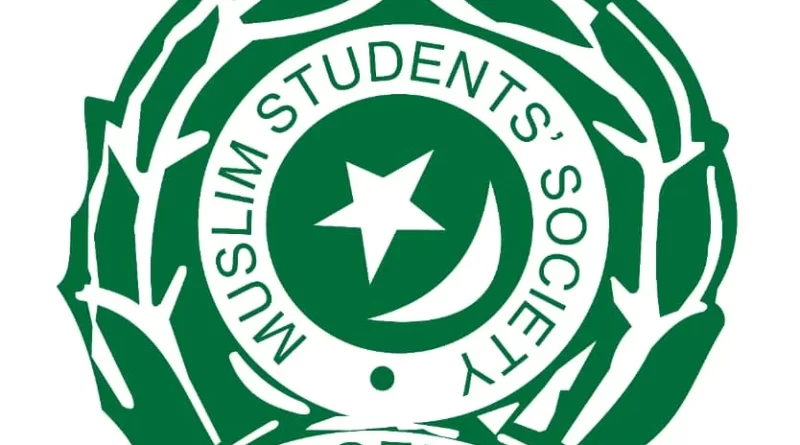Muslim students in Bauchi call for urgent action on corruption, insecurity
The Bauchi State chapter of the Muslim Students’ Society of Nigeria, MSSN, has raised alarm over what it described as widespread corruption affecting all sectors, warning that the situation poses a serious threat to national stability and security.
Their position was contained in a communiqué issued at the end of a leadership training workshop organised by the National Islamic Centre, Zaria (The Muslim Ummah), for leaders of the MSSN Bauchi Area Unit.
The event was held at the Sultan Muhammad Sa’ad Abubakar Hajj Camp, Bauchi.
The Muslim Ummah stressed that piety (Taqwa) remains a central requirement for effective leadership and national development.
It further noted the rising levels of poverty and hardship across the country and called for concrete measures to ease the burden on citizens.
On insecurity, the communiqué condemned the persistent cases of banditry and kidnappings, urging security agencies and relevant authorities to intensify efforts to restore peace and protect lives.
The group expressed support for the Federal Government’s stance on the Palestinian cause, advocating for an immediate ceasefire and the withdrawal of Zionist forces from Gaza.
It also faulted the U.S. President Donald Trump’s proposal to designate Hamas as a terrorist organisation, describing the move as unjust and unhelpful to peace efforts.
Signed by the chairman of the Communiqué Drafting Committee, Prof Abdullahi Lare Amaoo, the statement reaffirmed the Muslim Ummah’s commitment to spiritual, moral and socio-economic upliftment.
In his remarks, the national Ameer, Prof Muhammad Babangida, highlighted the organisation’s mission, while Dr Usman Bugaje called for the need to address leadership challenges within the Ummah.
The workshop also saw the formation and inauguration of new leadership structures across the 20 local government areas, as well as elections for state-level positions.
A total of 345 participants attended, including delegates from Borno, Yobe, Gombe, Plateau and Jigawa states, alongside leaders of 14 other Islamic organisations.
